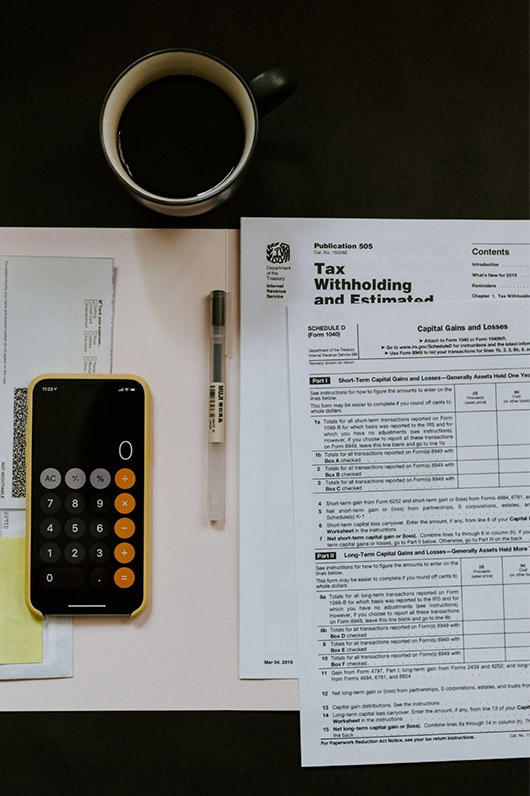Did you know that you could be exempt from carrying out a statutory audit in Malta? Many asked us if it was possible to save from doing an audit, especially startups. The financial regulator heard such requests and in 2019 issued legal notice 101 which goes by the name Companies Act (audit exemption) Regulations. These new regulations exempts a small portion of companies from having their financial statements audited for the first few periods.

Many governments, economists and policy makers around the world claim that small businesses and start-ups are the backbone of a strong economy. As such, governments from all corners of the globe attempt to implement new measures which encourages new businesses to grow and flourish.
Malta is not an exception. Quite on the contrary, the island tries to attract and encourage new businesses to move here. One of the many measures taken for the jurisdiction to be considered in a more favourable light than others was to slash away the statutory audit requirement, albeit for a limited period of time.
This subsidiary regulation was set out on just 2 pages to maintain simplicity and avoid bureaucracy. In such spirit, apart from requiring the company to be registered within the 5 part of the companies act, only 2 criteria were listed to exempt a company from having to carry out an audit in Malta.
The first criteria which was laid down requires ALL shareholders of the company to be qualifying shareholders. The regulations defines qualifying shareholders as those who have attained qualifications which are classified as being at least at the level of MQF3. MQF stands for Malta Qualification Framework. O’level examinations are considered to be MQF3. To find out more about MQF and the different levels, click here.
The second and only other criteria which forms part of this regulation requires the company to have turnover which is less than Eur80,000 over 12 months. Should the first accounting be longer than 12 months, the Eur80,000 should be adjusted on a pro rata basis.
This exemption does not come automatically and is only applicable for the first 2 financial years. It is the directors’ responsibility to apply for such exemption by submitting a letter to the registrar of companies confirming that the above criteria have been met and that the company is not availing itself from any other exemption. This letter has to be sent within the first six months after year end.
Lastly, the registrar notifies the Commissioner that the company has availed itself from such exemption.


